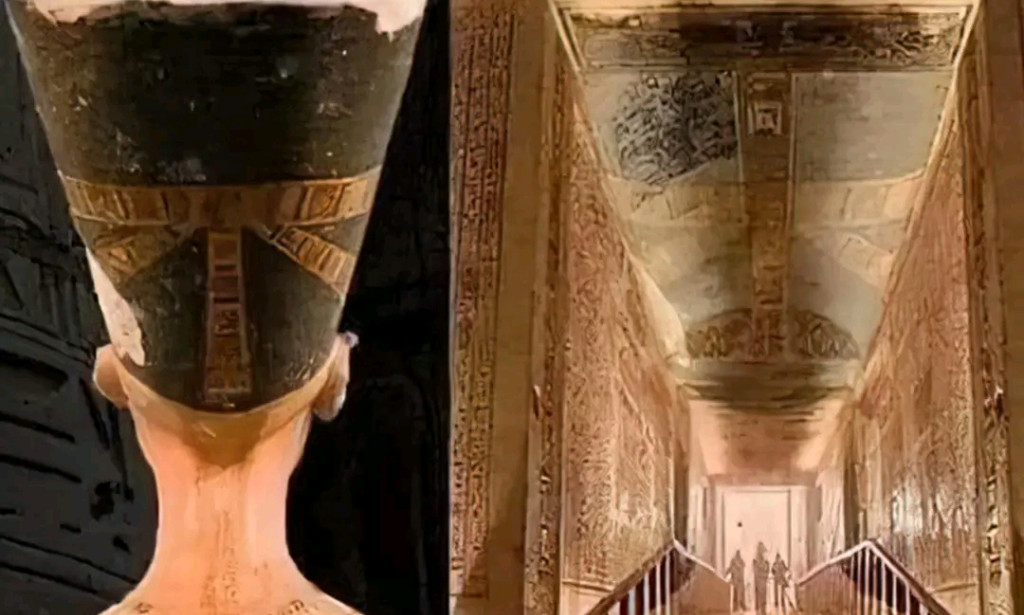Isn’t It Amazing How the Intelligence of Native Peoples Was So Advanced That Modern Science Still Struggles to Comprehend It?
Throughout history, humanity has witnessed astonishing achievements — grand monuments, intricate systems of mathematics and astronomy, advanced medicine, and engineering marvels that, to this day, continue to baffle modern scholars and researchers. What’s truly remarkable is that many of these awe-inspiring accomplishments were achieved by ancient native peoples, long before the advent of what we call modern technology or contemporary science.
Isn’t it amazing, and frankly humbling, that civilizations with no access to what we now consider “advanced tools” or "modern education" were able to construct pyramids with flawless alignments to the stars, carve enormous stones weighing hundreds of tons, and create spiritual, medical, and agricultural systems so sophisticated that modern researchers are still trying to fully decode their principles and methods?
From the intricate megalithic structures of Great Zimbabwe, the pyramids of Giza, to the astounding mathematical systems of the Dogon people of Mali — whose knowledge of celestial bodies predates even the most sophisticated European telescopes — it becomes clear that ancient native civilizations possessed wisdom that has either been forgotten, suppressed, or deliberately ignored in many historical narratives.
When you take the time to do proper, unbiased research about ancient peoples across every region of this planet, an undeniable pattern begins to emerge. The evidence, time and time again, points to one particular race and group of people often referred to historically as Africans, Blacks, or People of Color. Yet for centuries, mainstream history books and colonial narratives have either erased, rewritten, or downplayed their monumental contributions to human civilization.
How did the ancient Egyptians, predominantly African, build the Great Pyramids of Giza with such precision that even today’s engineers debate how it was physically possible? How did the ancient Nubians master metallurgy and astronomy long before Greek philosophers were credited with similar knowledge? How did the ancient Mali Empire, under Mansa Musa, accumulate such wealth and scholarly influence that even medieval European historians wrote in awe about its riches and wisdom?
Consider the Olmecs of Mesoamerica, whose colossal stone heads bear strikingly African features, raising questions about ancient transatlantic voyages and global connections long before the so-called "Age of Discovery." Or the fact that many ancient medicinal practices, agricultural techniques, and religious philosophies originated in African civilizations and later spread through Asia, Europe, and the Americas.
Modern-day scientific studies continue to unearth evidence — through DNA analysis, archaeology, linguistics, and anthropology — that much of what we know about mathematics, medicine, architecture, and spirituality has African origins or profound African influence. Yet, despite this, there remains a reluctance in certain academic circles to fully acknowledge and give credit to these ancient African and native peoples for their foundational role in human progress.
What’s even more astonishing is that many of these ancient inventions and creations still cannot be properly deciphered or replicated today. Their knowledge of the cosmos, the human body, energy, and natural phenomena often surpasses what modern tools and laboratories can explain. It challenges the arrogance of modernity and reminds us that intelligence and wisdom are not the birthright of any single race or era, but are instead spread throughout human history — too often in places we were taught to overlook.
The more you dig into authentic, uncensored historical research, the clearer it becomes: Africa and its people were not only the cradle of humanity but also the wellspring of civilization itself. The world owes much of its scientific, cultural, and spiritual heritage to these native peoples whose advanced intellect and achievements continue to endure, even when modern science can neither fully explain nor match them.
This truth is not about racial pride or historical revisionism; it’s about honoring the rightful place of these ancient peoples in the collective story of humanity. It’s about understanding that intelligence is not exclusive to the modern world, and that some of the greatest mysteries of science and culture were already solved by those who walked this earth thousands of years before us.
So, the next time history is being recited in a textbook, or a documentary narrates the story of human advancement, remember to ask: Whose story are we really telling? And whose brilliance are we leaving in the shadows?
Because when we finally tell history in its fullness, we might find that those long considered “primitive” were, in fact, the original architects of human enlightenment.
Would you like a version of this styled as a speech, poem, or more informal social media post as well? I can help with that too if you’d like.


You must be logged in to post a comment.